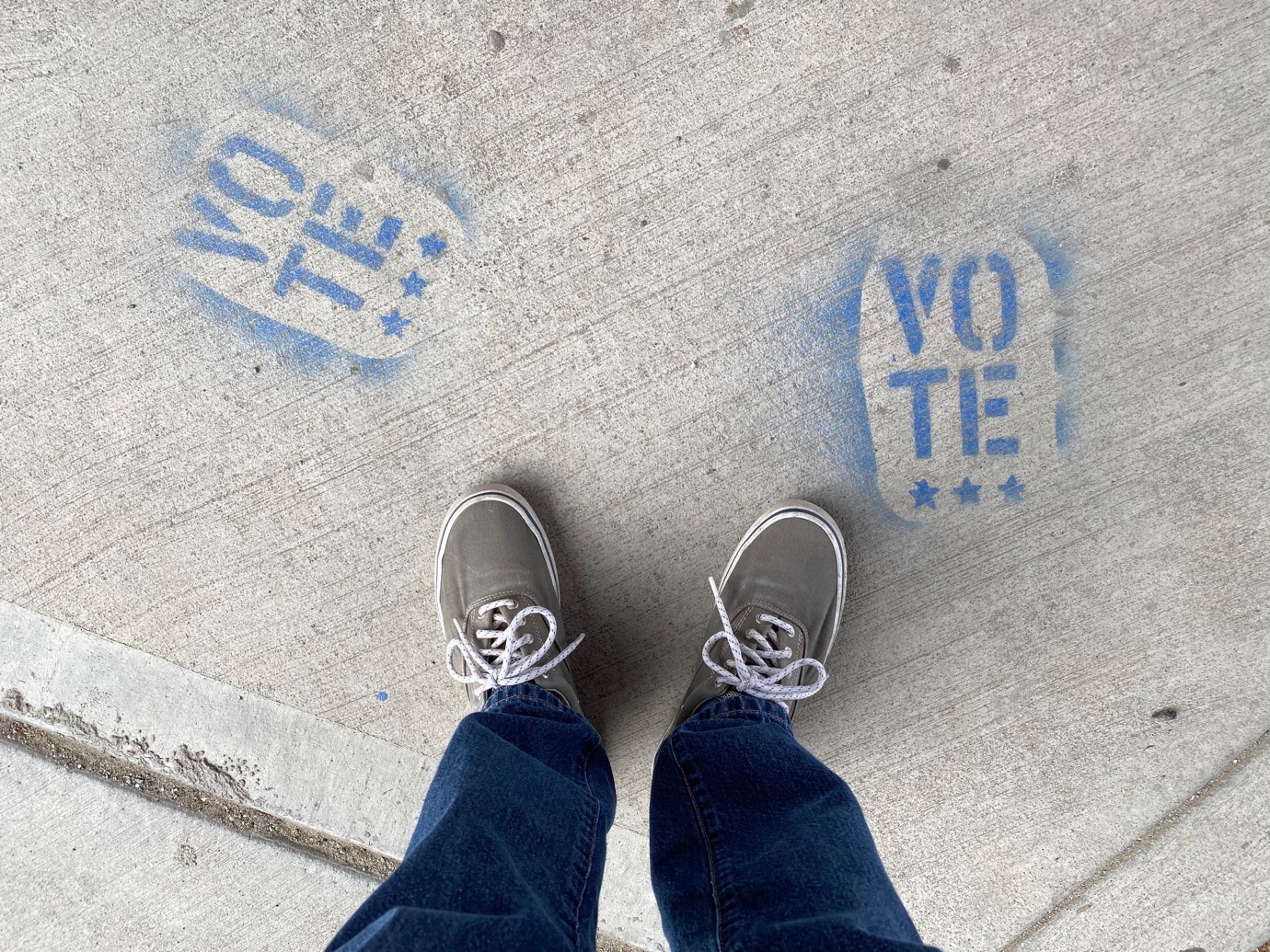Magazine
After the Failure of Prop 26 and 27, What’s Next for Gambling in California

Last November, Californians went to the polls to elect who would represent them. Something else was on the ballot papers – the legalization of sports betting. The matter was hotly contested, and over $441 million was spent on campaigning by different lobby groups. However, no amount of money from interested parties managed to persuade Californians what was on offer. The question is, what happens next, and is this the end of the road for the gambling companies?
Californians were asked to vote for or against Prop 26 and Prop 27. Both related to sports betting, and one involved the proceeds going to help homeless people in the state.
Prop 26 v Prop 27
There was a considerable amount of information for voters to digest from those in favor and against one or the other or both options, and voters found themselves overwhelmed and confused. Both options wanted to see sports betting legalized. The pro-gambling lobby was divided about the best way to bring that about. Everyone agreed that sports betting should only be available to people aged 21 and over. In addition, there was to be betting on high school or college games.
A consortium of 50 native tribes advanced Prop 26. They wanted in-person sports betting to be allowed at existing licensed bricks and mortar casinos and racetracks. It also called for the legalization of roulette and dice games. This option favored the revenues raised going towards general taxation.
Prop 27 was backed by international commercial betting operators like FanDuel, Draft Kings, and BetRivers, and they were calling for online betting to be legalized in California. They wanted residents to be able to gamble from home or their mobile devices. They proposed working with the tribal casinos via a licensing deal to let them use the existing infrastructure. However, the licensing deal had a hefty $10 million proposed price tag. Prop 27 called for revenues raised to be spent on supporting the homeless and other vulnerable groups in the state.
By rejecting the proposals, Californians maintained the status quo allowing them to bet on horse racing but no other sports. In addition, they can frequent land-based casinos run by Native American tribes. There is no provision for regulated online casino platforms, and residents must be content with lotteries and social casinos.
Despite its laid-back attitude to many progressive ideas, particularly compared to some of its more conventional neighbors, California has not embraced legalized sports betting yet. Every state has a different stance on gambling, and it is the concept of self-determination which meant the Supreme Court struck down the federal PASPA law that had made sports betting illegal everywhere. They decreed it illegal and that states could decide what can and cannot happen in their jurisdiction.
As a result, gambling in some form or other is legal in almost all US states. The exceptions are Utah and Hawaii. Around half of the states allow residents to access online sports betting platforms, and a smaller number allow online casino gambling. Anyone interested in what benefits a well-regulated market can bring to the state’s coffers only has to do an evaluation of the best payout online casino to see that gambling is big business.
In the referendum last year, less than 18% of voters favored legalizing mobile sports betting. Many people think that bombarding voters with contradictory messages had led to confusion. However, some Californian lawmakers want to try again and have not given up. There is a possibility that new legislation could be introduced in 2024, but local stakeholders and tribes remain vehemently opposed to opening the market to international commercial operatives.
It is likely that rather than sweeping reforms, any changes to gambling laws will come in small steps. There are some anomalies in current legislation, and operators will probably find and exploit others over time. For example, placing real-money bets on sporting events is illegal; however, fantasy betting is permitted. While fantasy sports are based on real sports, they do not count as sports betting. Therefore, it is legal to play daily fantasy sports in the sunshine state.
Californians who want to gamble legally still need to travel to place a bet. There are no limits on Californians, per se, accessing mobile gambling platforms. They just have to be in a state that allows the activity to happen. States with legalized gambling markets are open to anyone residing in their jurisdiction. This does not mean that the gambler needs to live there, just that they are physically present within the state’s boundaries. This means that Californian baseball or football fans traveling to support their team might find themselves in a place where it is perfectly possible to place a bet.
Laws around the country are being updated all the time. Legal online sports betting kicked off in Kansas just over a year ago. Kentucky passed legislation as recently as March 2023 to allow online and mobile betting, and sites will likely launch in the state before the end of the year. Louisiana opened for in-person sports betting back in 2021.
While there is currently nothing in progress for California, never say never and all that. After all, the state has a long and complicated relationship with gambling. It is not that it doesn’t happen, but it remains an underground activity for now.
